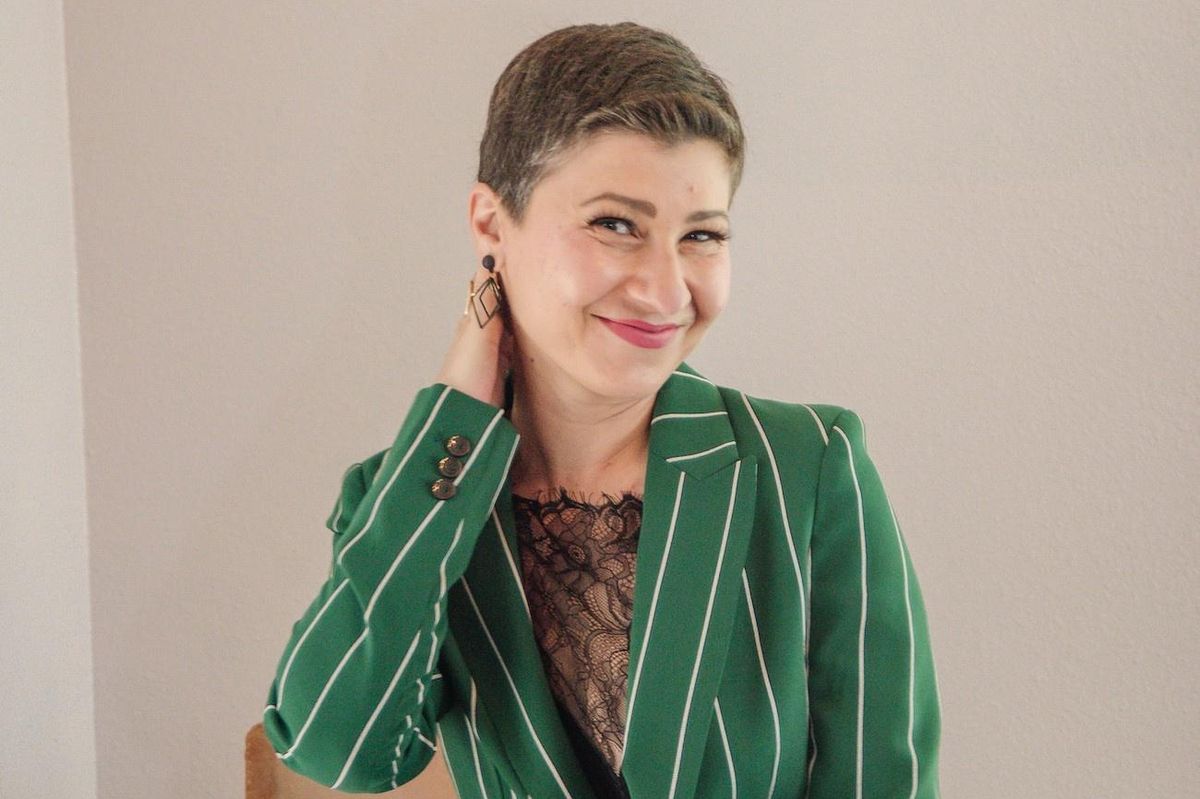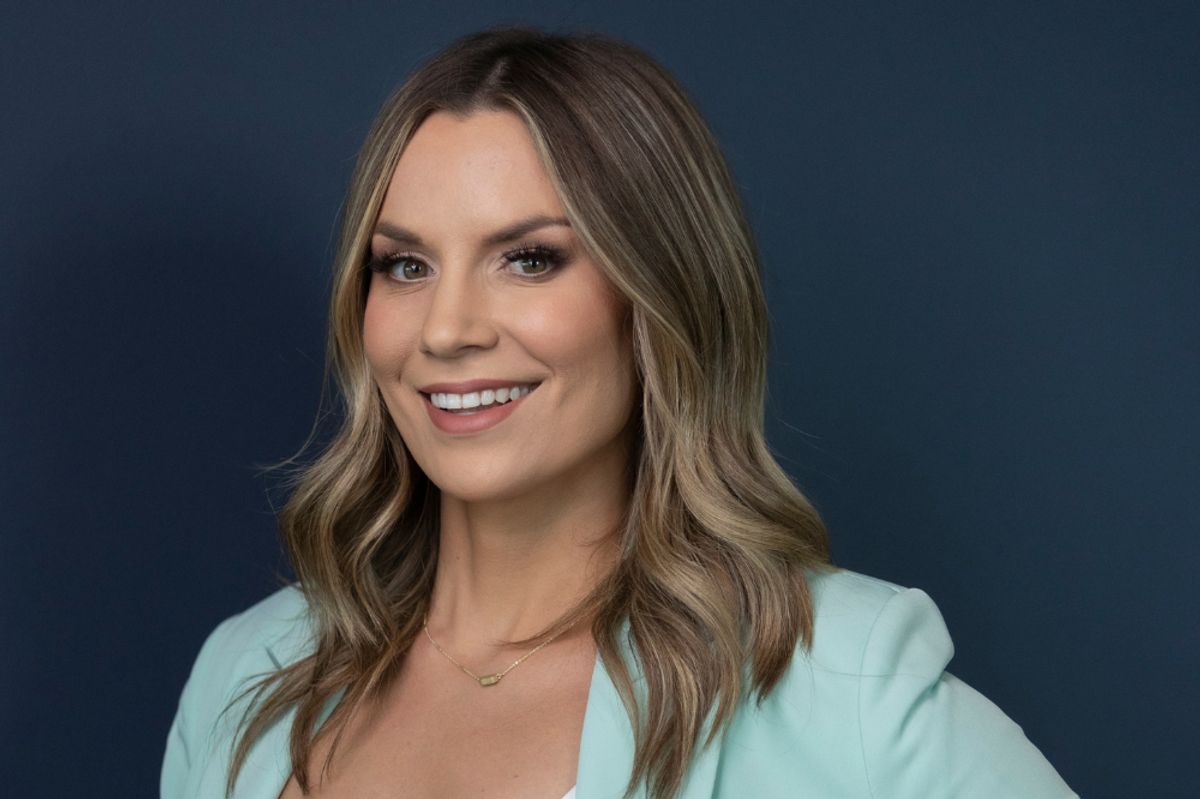These were the most-read guest columns by Houston innovators in 2022
2022 in review
Editor's note: Every week, InnovationMap — Houston's only news source and resource about and for startups — runs one or two guest columns written by tech entrepreneurs, public relations experts, data geniuses, and more. As Houston's innovation ecosystem gets ready for 2023, here are some of this year's top guest contributor pieces — each with pertinent information and advice for startups both at publishing and into the new year. Make sure to click "read more" to continue reading each piece.
Is your New Year's resolution to start contributing? Email natalie@innovationmap.com to learn more.
Houston expert: How to navigate Gen Z's quiet quitting movement at your company

Your perspective on quiet quitting is probably generational, says one Houston expert and startup founder. Photo via Getty Images
This month, the internet has been discussing "quiet quitting," the practice of employees setting hard boundaries about when they work and to what extent they are willing to go beyond the outlined expectations of their jobs.
The conversation around quiet quitting has also been lively at the Ampersand offices. As a training company that is dedicated to training new professionals for employers both big and small, it's critically important for our team to have a good grasp on the relationship employees have with their jobs, and what motivates them to succeed. So we had a long meeting where we discussed what quiet quitting meant to each of us. Read more.
Houston expert shares how small business leaders can encourage PTO use

Retaining employees is no easy feat these days. Encouraging a healthy PTO policy can help avoid burnout. Photo courtesy of Joe Aker
As many small businesses continue to operate in a challenging, fast-paced environment, one thing that has arrived at breakneck speed is midyear, along with the summer months. Theoretically, to ensure work-life balance, most employees should have 50 percent of their PTO remaining to use for summer vacations and during the second half of the year. In reality, that is probably not the case given workers are hesitant to use their PTO, leaving approximately five days of unused PTO on the table during 2020 and 2021.
While the pandemic affected PTO usage the last two years, the labor shortage appears to be a major contributor in 2022, which has led to PTO hoarding and increasing levels of employee burnout. Although these factors can be compounded for small business owners because there are fewer employees to handle daily responsibilities, it is imperative for workers to take PTO, returning recharged with a fresh perspective on the tasks at hand. Read more.
Houston expert: 3 emotional intelligence tips for improving patient-practitioner experience

A Houston expert shares how to improve on communication in the health care setting. Image via Getty Images
After spending hours with healthcare professionals as both a consultant and patient, I know that it takes a special kind of person to take care of others in their most distressing and vulnerable times. That responsibility has been in overdrive because of COVID, causing emotional burnout, which in turn affects patient care. By equipping yourself with emotional intelligence, you can be more resilient for yourself and patients.
Emotional intelligence is keeping your intelligence high, when emotions are high.
Health care sets up an environment for a tornado of emotions, and the rules and regulations centered around patient-provider interactions are often complex to navigate. This leaves many on the brink of emotional exhaustion, and for survival’s sake, depersonalization with patients becomes the status quo. Feeling a disconnect with their patients is another added weight, as few get into this industry for just the paycheck – it’s the impact of helping people get healthy and stay healthy that motivates them. I’ve seen it time and time again with people in my life, as well as on my own patient journey as I battled stage 3 cancer. Read more.
Here's what types of technology is going to disrupt the education sector, says this Houston founder

Edtech is expected to continue to make learning more interactive, fun, and inclusive for people around the world. Photo via Pexels
Technology has always maneuvered education in a certain direction but the COVID-19 pandemic has forced it to shift towards a new direction entirely.
What started off as a basic video lecture turned into a more hybrid and innovative form of education, enabling student engagement and interactivity like never before. Social media forums allow teachers to pay one-on-one attention to students boosting their learning process.
With an edtech boom on the rise, there is a question of what further expansion in educational technology is expected. Here are some technology breakthroughs currently underway in the education sector. Read more.
Houston expert weighs in on marketing from an investor’s perspective

What should Houston startups know about marketing? Photo via Getty Images
Just what do investors want to see from a startup with regards to the company’s marketing? I recently spoke on this topic to a cohort of early-stage technology startup entrepreneurs at Softeq Venture Studio, an accelerator program that helps founders build investable technologies and businesses. Read more.





 Apple doubles down on Houston with new production facility, training centerPhoto courtesy Apple.
Apple doubles down on Houston with new production facility, training centerPhoto courtesy Apple.





